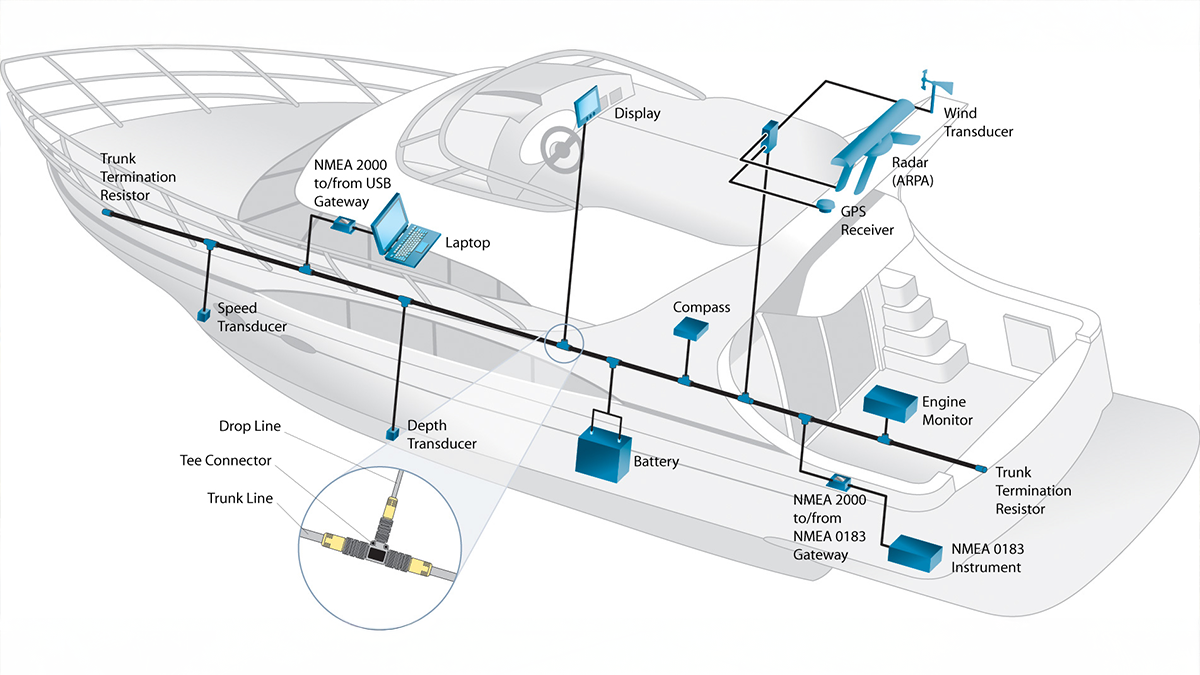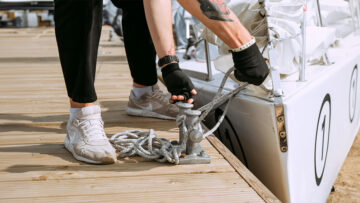Marine electrical systems need to be operating correctly for you to enjoy your boating time without issues. If you’re having a problem with your vessel’s electrical system, you must fix it expediently. You need to make sure you do so safely as well.
That means more than just buying the best boat wire and making replacements when necessary. You should also keep the following fundamental safety tips in mind.
Have a Marine Electrician Look Over Your System Periodically
Even if you feel like you know a decent amount about electricity, it makes sense to have a certified electrician look over your boat from time to time. Doing so ensures you don’t have any issues with your vessel’s electrical devices that you missed.
One quick check each year should do it. The electrician can ensure all your electrical systems comply with local laws and ordinances.
Be Careful When Using Power Tools
If you are in an environment on your boat where an explosion is possible, do not operate power tools there. If your work creates any sparks, that could prove disastrous if you are near any hydrogen gas, gasoline, or explosive vapors.
Try to Use Only Ignition-Protected Devices
When possible, use devices that are protected by ignition. For instance, some diesel-powered boats have ignition-protected systems, but this only applies to onboard diesel-powered boats.
Never Use an Inappropriate Gauge of Wire
Never use a wire on your boat for any purpose that is of an inappropriate gauge. If you use a wire that is too small for an appliance, it can overheat and start a fire. There’s also the risk of an electrical shock.
Don’t Ever Run Fuses Continuously at Their Full Rating
If you run a fuse at its full rating, only do so for a little while. The longest you should probably do it is 10 minutes or so. Any more than that, and the wires can become extremely hot and
potentially start a fire.
Watch for Damaged or Frayed Cords
If you see any damaged cords or electrical components on your boat, don’t delay in getting those fixed. They can shock you, and they might even cause a fire or an explosion in some situations.
Use Marine-Grade Wires Approved by the Coast Guard and the American Boat and Yacht Council
Marine-grade wires are always preferable for use on boats. You can find them at many boating supply stores.
Look at the package to make sure that both the Coast Guard and the American Boat and Yachting Council approve of the manufacturing. This way, you can feel confident you’re getting a high-quality product.
Inspect Your Panels and Outlets Before Each Trip
Before going on a trip on your boat, check the panels, outlets, and fuses to make sure there is no visible damage.
Eliminate the Chafing Issue
The wires on your boat can start to chafe if something is rubbing against them. That can damage them, so make sure it’s not happening. Protecting them at their entry points should help.

